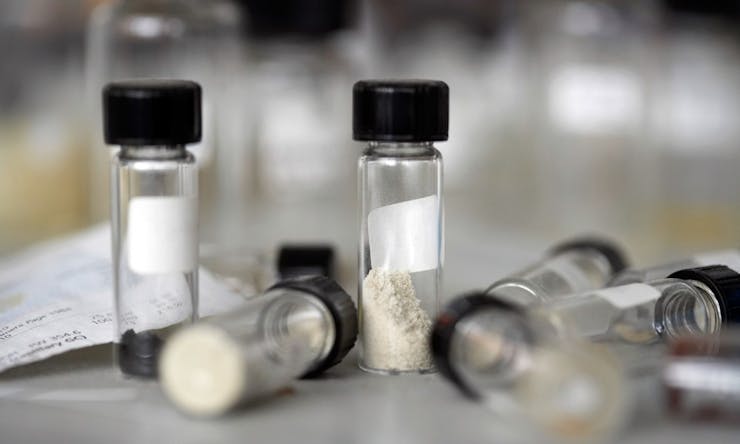A new product has hit the market, and it’s causing some controversy. Powdered alcohol, or “palcohol,” is the latest trend in alcohol and has left many detractors wondering why such a product needs to exist. These alcoholic powders are packaged in silver pouches that look very similar to a child’s drink pouch. They come in flavors like Lemon Drop, Cosmopolitan, vodka, and rum, presenting concerns of their potential to increase the rate of alcohol misuse and abuse.
What is Powdered Alcohol and Why is It Controversial?
The technology behind creating powdered alcohol has existed since 1972 and consists of an admittedly fascinating process of dehydration using chemicals known as “cyclodextrins,” compounds made up of highly absorbent sugar molecules. Cyclodextrins can be used to convert liquids to solid powders.
A recent patent for "palcohol" was approved by the Food & Drug Administration in March 2014, and it’s created an uproar for those concerned about what they perceive as another unnecessary alcoholic product. Critics include Senator Charles Schumer, who compared the product to “Kool-Aid for underage drinking.”
What Does "Palcohol" Mean for the Future of Cannabis?
If cyclodextrins can be used to absorb alcohol into a concentrated powder form, who’s to say it couldn’t do the same for cannabis? As it is, cannabis has a very low solubility rate in water, which decreases its uses and effectiveness as a pharmaceutical product.
However, with the introduction of a cyclodextrin compound (specifically, a hydroxypropyl-beta-cyclodextrin solution combined with hydroxypropylmethylcellulose – whoa, having flashbacks to high school chemistry!), the solubility of THC increases a thousand times over. If cyclodextrin can be used to make a substance with major potential for abuse, it can also be used to increase the effectiveness and usefulness of cannabis. By increasing the solubility of cannabis, it could be sold in more concentrated forms, with more consistent doses for the medical patients who need it.
An obvious concern with manufacturing concentrated powdered forms of cannabis is, as with "palcohol," the increased potential for abuse. While higher concentrations of cannabis can serve a clear medicinal benefit to qualified patients seeking treatment for conditions such as chronic pain or appetite loss, the risk of unregulated access can fuel the anti-legalization fire. That's not to say this type of technological innovation shouldn't be retooled for cannabis applications — we just need to approach it in a cautious, safe, effective manner to ensure that this evolved product is being used appropriately. Instead of creating a product that can be ripe for abuse, let's encourage the thoughtful, regulated, and tested development of a product that could help patients everywhere.
#JustSayKnow




